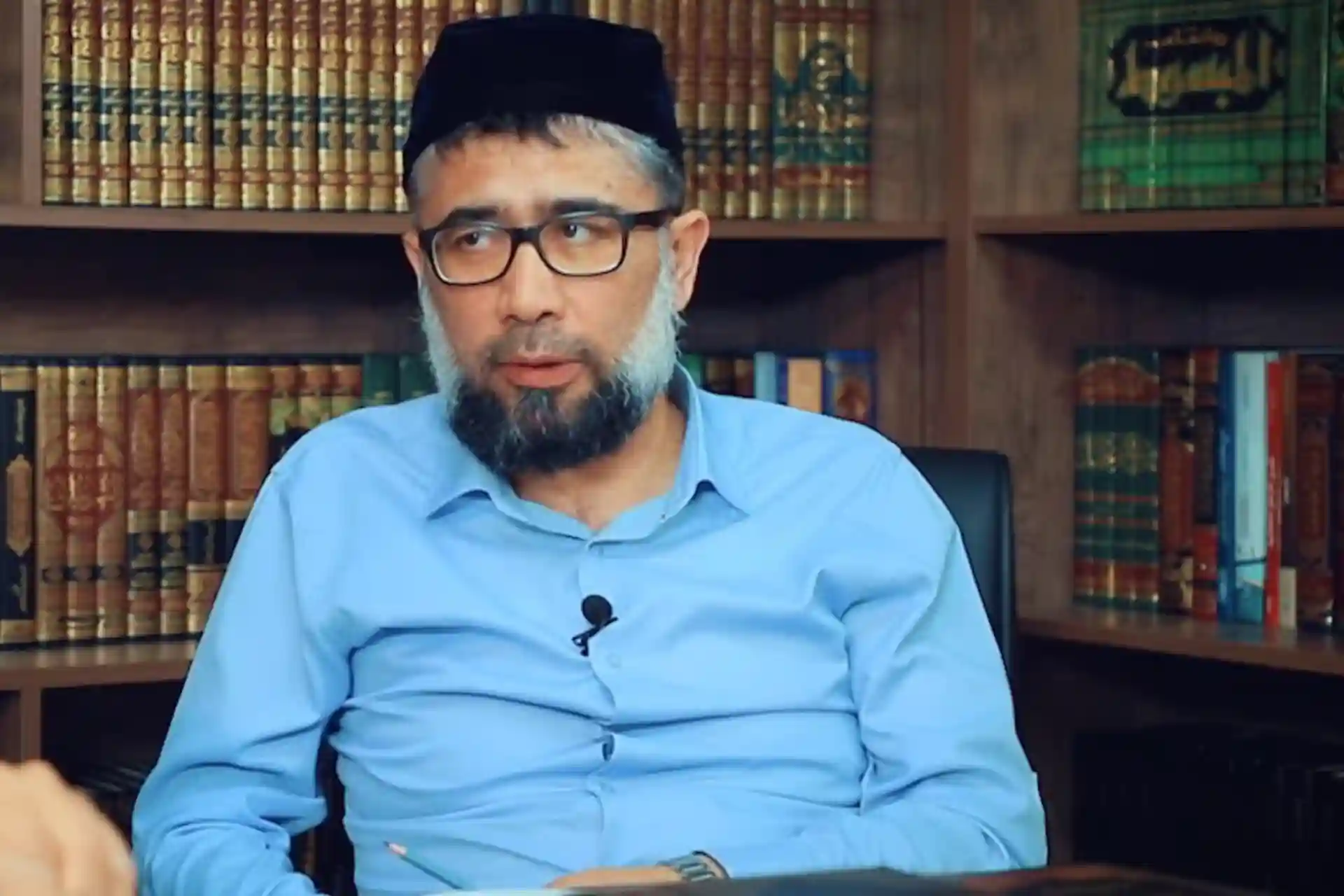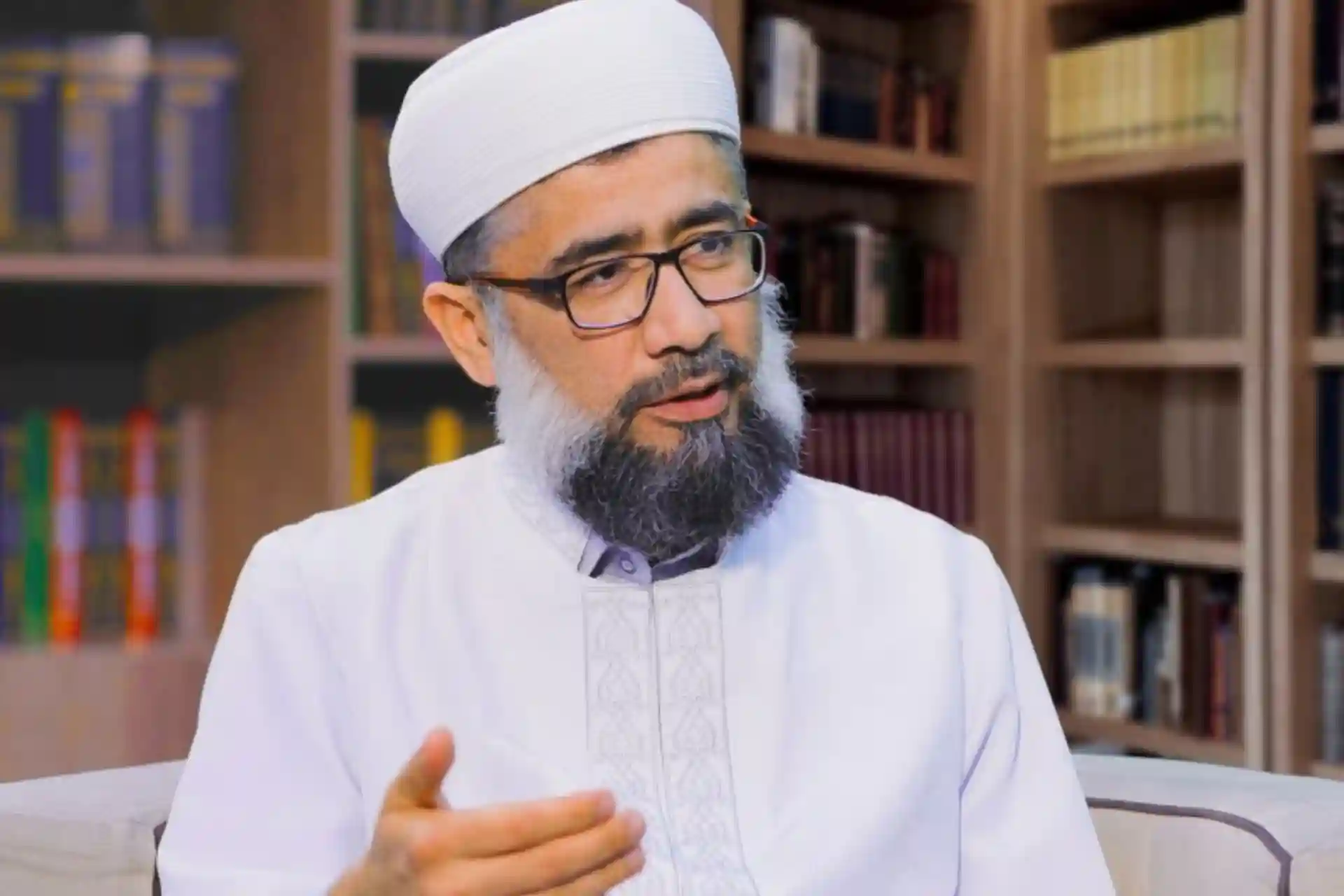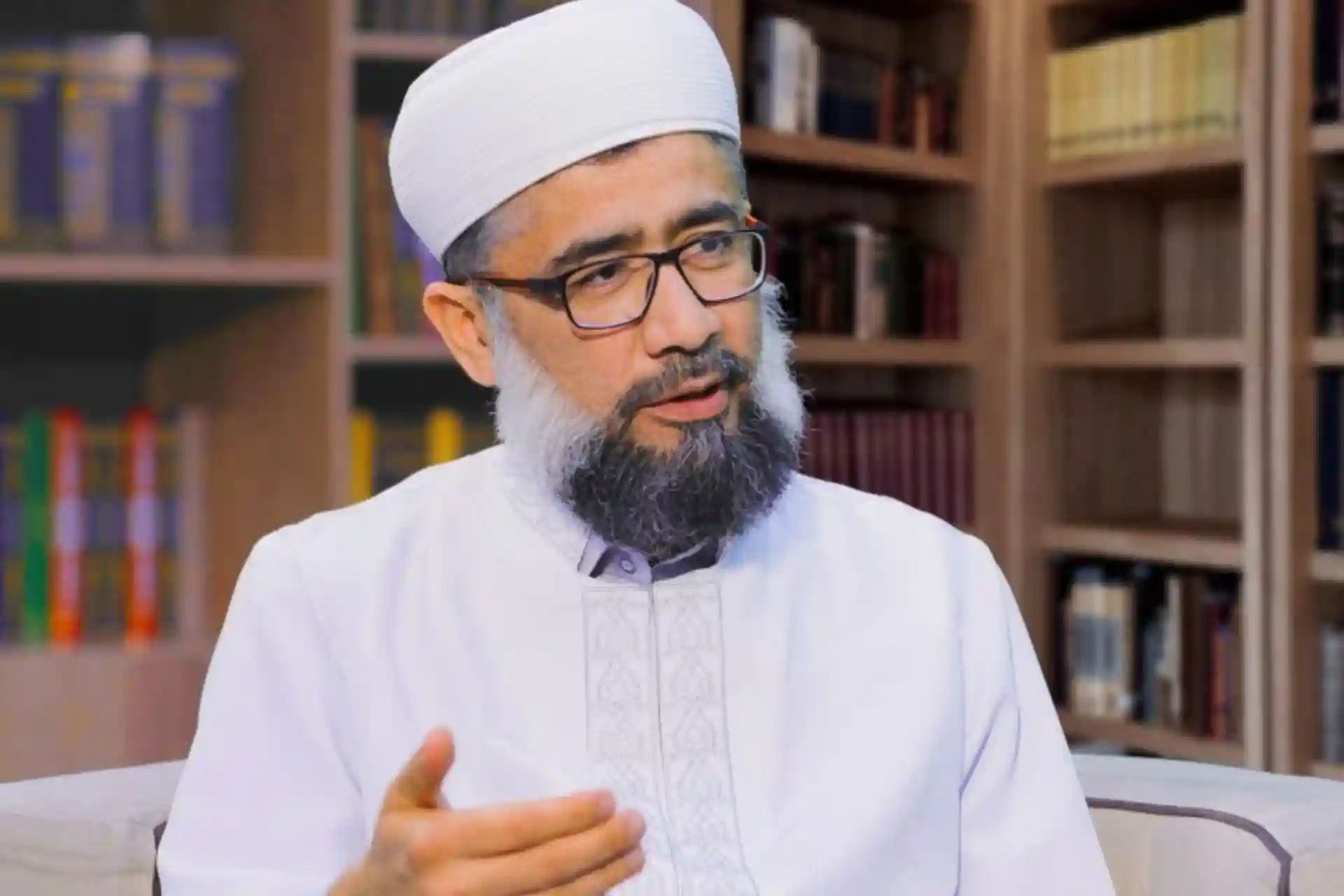Alisher Tursunov's case through the eyes of Turkish lawyers
One of Uzbekistan's most prominent scholars, Alisher Tursunov (Mubashshir Ahmad), was arrested on May 7, 2025. Although released by the police, he was illegally returned to the Repatriation Center. He has not been heard from since that day, and conflicting statements from the authorities have raised serious concerns about Tursunov's deportation to Uzbekistan. Unfortunately, these concerns have proven to be true; the Uzbek Ministry of Internal Affairs announced on Saturday, May 10, 2025, that Tursunov had been brought to the country and detained on charges of "distributing religious materials" and "threatening public security."
Alisher Domla was taken from his home on December 28, 2023, on the basis of a criminal charge from Uzbekistan. Despite the decision not to prosecute, the Istanbul Regional Immigration Office issued a deportation and administrative detention order based on this claim. On December 31, 2023, a lawsuit was filed against this practice and after being detained in the GGM for approximately two months, he was released by a decision of the Istanbul 2nd Criminal Court of Peace.
The Immigration Department said that the deportation decision was made against Tursunov, citing "threat to public order and security." However, this claim has no legal or clear basis in the eyes of the competent institutions of the Republic of Turkey or the international community. Tursunov has not committed any actions that violate public order in Turkey, Uzbekistan or any other country, and he has not been held criminally liable for any offense. It is known that the process was initiated on the basis of intelligence information provided by the Uzbek authorities that has not undergone judicial review.
At the same time, extradition for acts related to ideological crimes, political crimes, or similar crimes is strictly prohibited under Article 11 of Law No. 6706 on International Judicial Cooperation in Criminal Matters. Also, according to Article 33 of the Geneva Convention and Article 4 of Law No. 6458 on Foreigners and International Protection, return or deportation to countries that pose a risk is not legally possible.
Tursunov's case shows that this is more of an illegal extradition than a deportation. The immigration authorities and security bureaucracy have bypassed the extradition process, which should be carried out by a decision of the Supreme Court in criminal cases, and have carried out a real extradition process under the guise of "deportation." However, extradition requires a court order, and this order can only be enforced with the conclusion of the Ministries of Foreign Affairs and the Interior, the proposal of the Minister of Justice, and the approval of the President. In contrast, deportation is a procedure that can only be carried out by administrative decision and is therefore much easier to implement. However, such extraditions carried out through administrative procedures are against the law.
Furthermore, the Istanbul 15th Administrative Court issued a decision on the annulment of the deportation order issued against Tursunov on 27 February 2025 (2023/146 E., 2025/1045 K.). However, the Migration Board stated that it had carried out the deportation process based on a decision to reject (the appeal) issued on a different date. It is not possible to act on the basis of another rejection decision instead of a decision that was annulled by the court. Furthermore, although it was not possible to see this rejection decision, it was clear that it was a decision that was not relevant because an appeal was filed in 2024 following the annulment decision in 2023 and that this action is still ongoing.
Another tactic of the Migration Board is to add a “threat” code to a person after deportation decisions that have been canceled by the courts and issue a new deportation decision. In this way, the process is being continued until a court decision is obtained that gives the desired result, and people seeking asylum in Turkey are being put in a position where they cannot actually live. Although the deportation decision has been canceled, the codes have been removed, and the refugees who have been released should obtain a residence permit, the board is not issuing this permit. It is transferring the persons back to the status of “illegal immigrants” and detaining them in Repatriation Centers. The Migration Board is not even taking into account the violation decisions issued by the Constitutional Court.
Kaya Kartal is the head of the "Human Rights and Solidarity for the Oppressed" association (MAZLUMDER), a lawyer.



